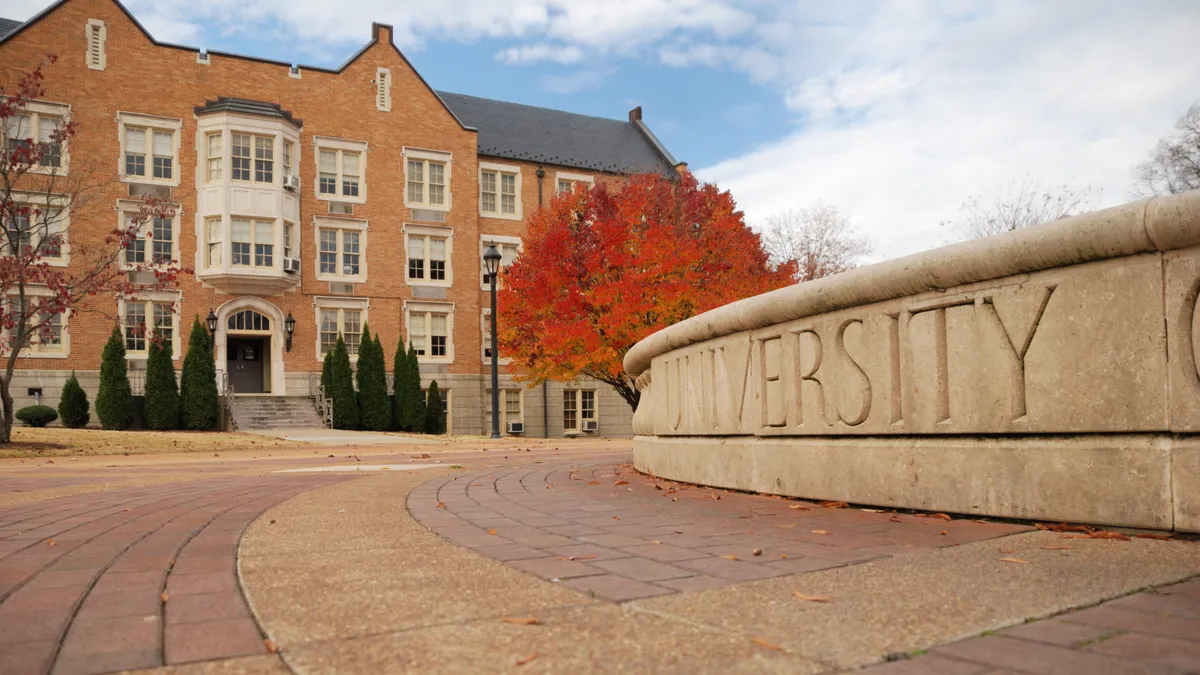Dive Brief:
- Some community colleges in Ohio will soon be able to offer bachelor's degrees, according to Crain's Cleveland. The news comes after a new addition to the state's 2018-2019 fiscal year budget, and also follows legislation signed by Gov. John Kasich in June authorizing community and technical colleges to offer applied Bachelor's degrees.
- Supporters believe students who had achieved applied associate's degrees would particularly benefit from the new model, as it can be difficult for those specified degrees to translate consistently into a generalized bachelor's degree. The state's Department of Higher Education is in the midst of reviewing applications for potential applied Bachelor's degrees.
- Some hope the two years of community college, followed by two years in a four-year program to complete a Bachelor's is still the preferred model for students at community colleges seeking a bachelor's. Other supporters noted that an ancillary benefit would be that students in certain fields may not have to travel long distances in order to seek a bachelor's if a nearby community college offered what they needed.
Dive Insight:
The possibility of allowing some community colleges to offer bachelor's degree programs in Ohio comes at a time when states are increasingly considering the possibility of offering some college tuition-free for students within the state. In California, there is a proposal to utilize public and private funding to offer two years of community college free-of-charge. Four-year colleges and universities should consider the possibility of how an increase in community college students in the affected states could lead to potentially more students hoping to transfer for the final two years of their bachelor's degree.
Such changes may make community colleges more attractive to the growing population of non-traditional students and adult learners who are taking up a larger percentage of the country's student population. Such students often must juggle attending school with additional personal and professional commitments, and if community colleges are able to offer full bachelor's programs to students who can attend without having to upend their personal and professional life, there may be a much larger adult learner population willing to consider enrolling. If the programs lean to more adult learner participation, four-year universities could consider building relationships with community colleges that do not have four-year degree programs to make a transition into a four-year programs for adult learners who may be taking a second look.








